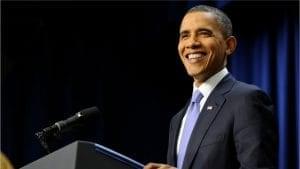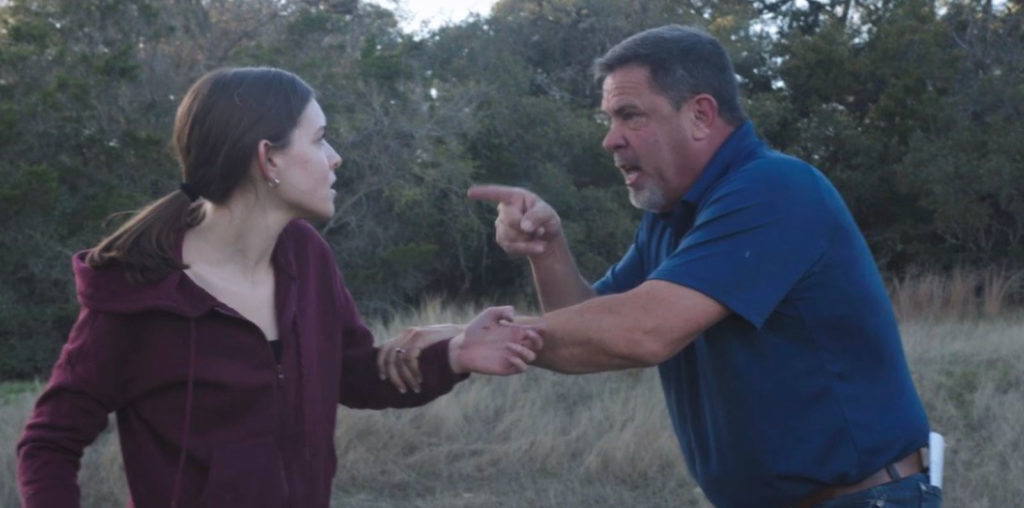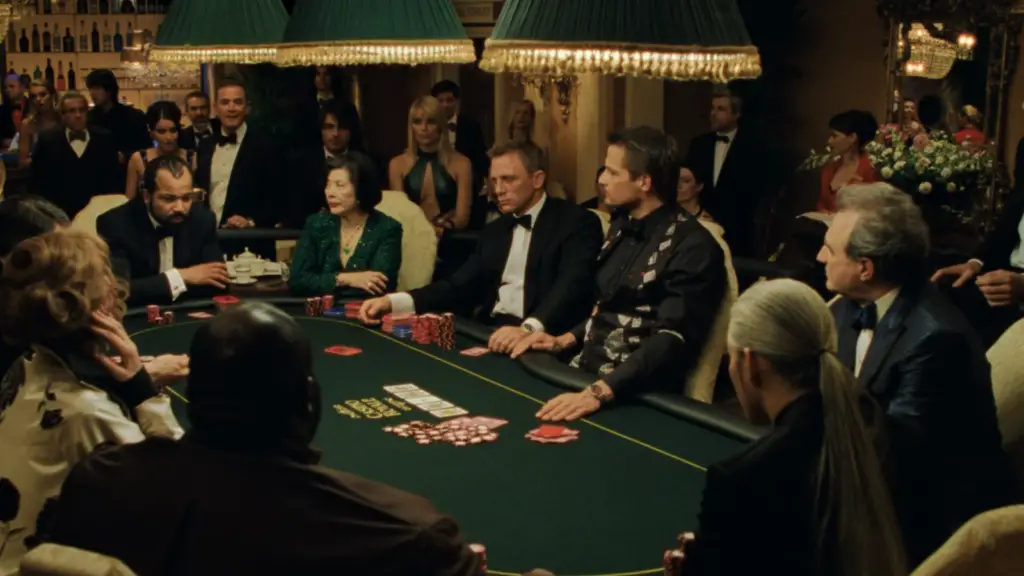
Before November 8, 2016, I had operated the entirety of my voting adult life in a world superintended by a leader who was not only respected but actually adored by liberal America. Obama was the political sweetheart of millennials. He radiated poise and intellect and altruism without any hint of patronizing or self-aggrandizing undertones. It was shocking to have the Obama years ripped out from under us so quickly, particularly by a scaly reality television personality whose libidinous swagger and will to power personified the worst of the human id.
The Final Year, Greg Barker’s ambitious portrait of Obama’s last year in office, presses a little bit on a bruise that’s still tender, even a year later. But Barker makes the respectable choice not to dwell on election dramatics. Instead, the film trails members of Obama’s foreign policy team, including then-Secretary of State John Kerry, U.N. Ambassador Samantha Power, and Deputy National Security Advisor Ben Rhodes, as they dutifully strive to cement the Obama legacy.

“…presses a little bit on a bruise that’s still tender.”
Following the team around the West Wing and outside–21 countries in total–the film takes an impartial, un-stylized fly on the wall approach. Interview scenes with the foreign policy team members feel intimate and genuine, conducted at office desks or in private jets or backstage at events. You get the sense that, whether at home or on the fly, Barker would gently pester Power or Kerry or Rhodes until they could spare a few minutes of reflective exchange. The absence of staged environments is valuable; each time one of them addresses the camera it feels like they’re confiding in us as a friend.
Time spent with Power is largely captured during travel abroad, as she visits countries like Chad, Cameroon, and Nigeria on humanitarian visits. We witness her sincere compassion as she speaks with mothers of the girls kidnapped by Boko Haram or chokes up before an audience of immigrants while recounting her own immigration story from Ireland. There are also a select number of scenes featuring Power with her young children. We watch as she patiently asks her daughter to identify countries on a world globe or negotiates with her son regarding the pickup of a donut as an after-school treat. However humanizing, the moments do betray a whiff of tired, gendered convention; they are not matched by analogous scenes with Kerry or Rhodes. With little subtlety, the film draws a parallel between Power’s charitable work in foreign lands and her warm governance as a mother.

“The absence of staged environments is valuable; each time one of them addresses the camera it feels like they’re confiding in us as a friend.”
Rhodes registers as less internally-directed. Vibrating with a kind of restless energy, he is most often depicted punching away on a computer or iPhone; Rhodes’ job description includes writing Obama’s speeches. One memorable scene finds him sitting in a darkened room before a bright screen as he struggles to develop the historic address Obama will give at Hiroshima later that week, the first by a sitting U.S. president. Listening to Rhodes speak of Obama, we sense that his jittery, unremitting intensity derives less from a personal moral compass, as in Power’s case, and more from an obsessive political fidelity. At times his reverence for the boss borders on obsequious. This aim to please is put in jeopardy after a humiliating profile of Rhodes is drawn up in “The New York Times Magazine,” full of quotes conveying Rhodes’ self-importance and contempt for Washington reporters.
Though Obama himself is a more cursory figure in the film, Barker does conclude with a protracted portrait of Obama’s visit to Athens, his final trip abroad as president. Obama’s parting words–both in the Athens address and in a brief interview–are tinged with the knowledge that many of his administration’s achievements may be imminently collapsed. Still, with Parthenon ruins framing the scene, Barker closes on the optimistic note of democracy everlasting. Heavy-handed, sure, but somehow we forgive the film’s fawning. Less “West Wing” drama than moving memoir, The Final Year leaves us feeling at once wistful and hopeful.

The Final Year (2017) Directed by Greg Barker. Starring Samantha Power, Ben Rhodes, John Kerry, Barack Obama.
Grade B+


